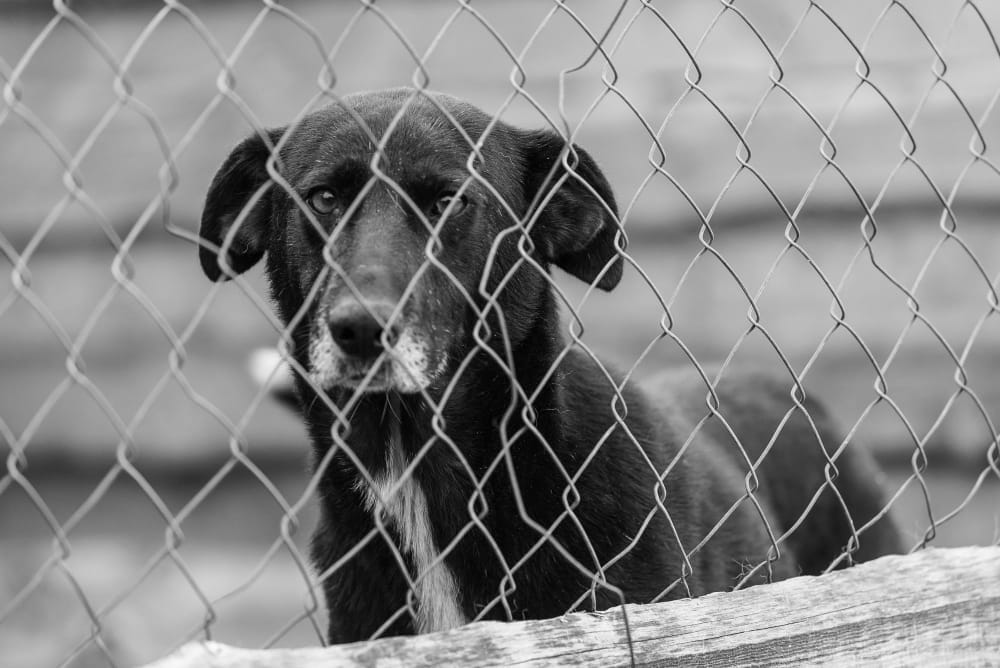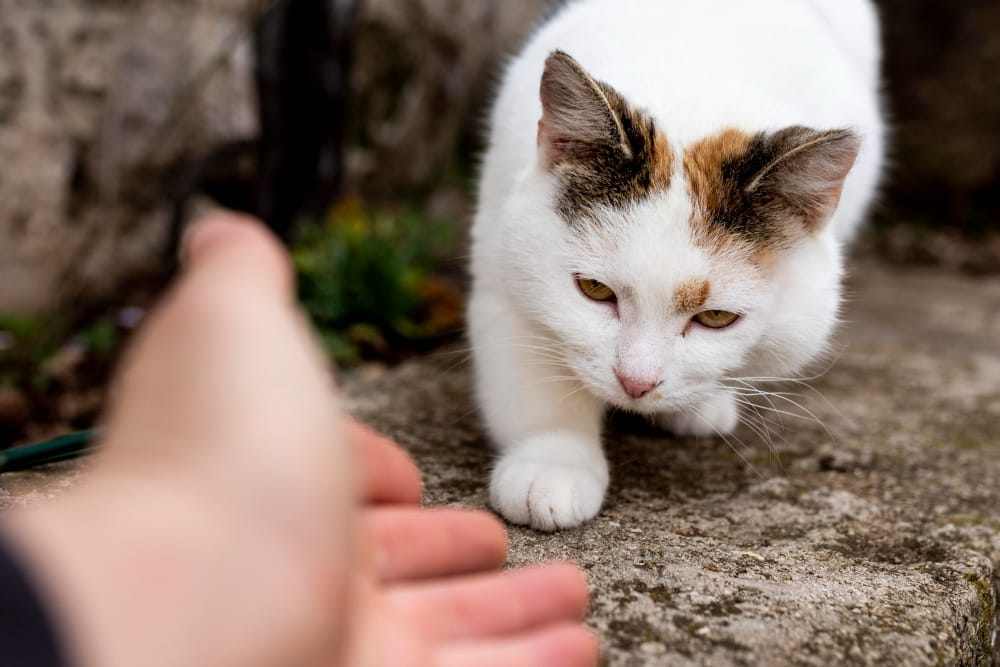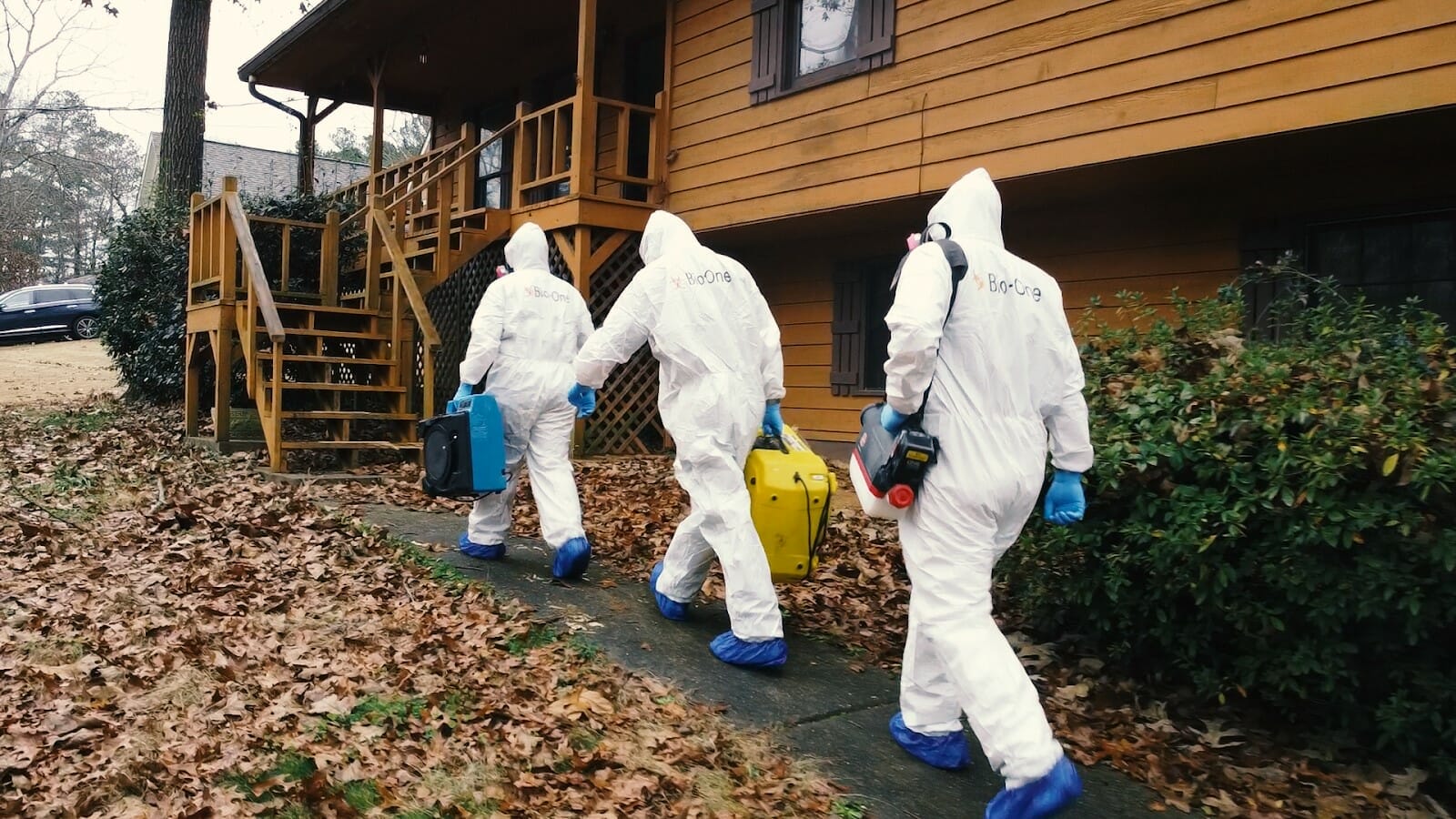
Have you ever wondered: "How common is animal hoarding?" Well, you should know that it is widely recognized as a complex mental health disorder. It involves an individual amassing large amounts of animals, unable to provide proper care and living conditions due to the sheer volume of creatures in their home or property. Often, hoarders believe they are helping the animals when in reality, they are causing immense suffering.
What Constitutes Animal Hoarding?
There are specific criteria that need to be met to define a situation as animal hoarding. Most notable among these are:
- The number of animals exceeds what the person can actually care for.
- Inadequate living conditions for the animals.
- The health and safety of both humans and animals are compromised.
Impact on Animals
Animals living in hoarding situations often face severe neglect, and malnutrition, and are deprived of essential medical care. They may suffer from untreated injuries, illness, and a range of health conditions. Additionally, overcrowding can lead to the absence of socialization, space, and hygiene, creating an unfortunate environment ripe for the spread of diseases.
The psychological effects of animal hoarding on animals are equally harrowing. Animals living in hoarding situations can experience trauma, extreme stress, and behavioral disorders. The long-term well-being of these animals is in jeopardy, even if they are eventually rescued from such situations.

Impact on Individuals and Communities
The effects of animal hoarding are not confined to the animals. This crisis has significant ramifications for hoarders and society at large.
Mental Health Aspect
Animal hoarding has been linked to various mental health disorders, including severe anxiety, depression, and personality disorders. The compulsive accumulation of animals can serve as a coping mechanism for underlying psychological pain. Recognizing hoarding as a mental health issue is crucial in providing appropriate support and treatment to the individuals involved.
Legal and Social Repercussions
In many jurisdictions, animal hoarding is a crime. Beyond the legal system, social repercussions such as stigma and ostracization add another layer of complexity to the lives of hoarders and the communities in which they live.

How Common is Animal Hoarding? Recognizing the Signs
- A large number of animals in and around the household
- Severe overcrowding and unsanitary living conditions
- The presence of numerous animals who are not receiving appropriate care or medical attention
- Difficulty in parting with animals, even when it is clear that the hoarder cannot properly care for them
- Denial or avoidance of the hoarding behavior by the individual
Call to Action for Prevention and Support Efforts
Prevention is always better than cure. Efforts focused on preventive education and support for individuals at risk of hoarding can be invaluable. Furthermore, support systems for hoarders that address their mental health needs and educate them on responsible animal care can help prevent escalation into hoarding behaviors.
See how you can get involved and help in a potential animal hoarding scenario: Report animal abuse and cruelty | The Humane Society of the United States

How Bio-One of Pittsburgh Can Help
Our team at Bio-One of Pittsburgh can provide the necessary support, including network referrals for therapy, animal care, and legal support, to ensure every individual and animal involved in an animal hoarding case regains a healthy, nurturing environment. If you need help or know someone struggling with an animal hoarding situation, do not hesitate to reach out!
Compassion. Experience. Respect.
Bio-One of Pittsburgh is always ready to assist you in unexpected situations. Our expert specialists are always ready to assist you in dealing with highly pressurized situations that may be emotionally and physically draining, allowing you to focus on other vital activities while healing in a sanitary environment. Locally owned and operated, we provide the following:
Disinfection, sanitation, and decontamination services
- Crime scene cleaning
- Blood spill cleanup
- Homicide and suicide cleanup
- Unattended death cleanup
- Biohazard cleanup
- Feces and bodily fluids cleanup
- Odor removal
- Virus Disinfection
- Fentanyl cleanup
- Tear gas cleanup
- Emergency vehicle decontamination
- Sewage backup cleanup
- Medical Waste disposal
Remediation & Hoarding cleanup services
- Hoarding cleanup
- Animal hoarding cleanup
- Junk removal
- Deep cleanup
- Gross filth cleanup
- Hazardous waste removal
- Homeless encampment cleanup
HELP FIRST, BUSINESS SECOND
Bio-One works closely with victim support centers nationwide and local authorities, communities, emergency services personnel, hoarding task forces, apartment communities, insurance companies, and other organizations to accomplish each customer's most efficient and superior service possible.
Many crime scene cleanup companies may face unexpected, unfortunate life events. Still, Bio-One is the right choice because of our expertise and profoundly caring and discreet specialists.
We are proud members of the NAPO Pittsburgh - National Association of Productivity & Organizing Professionals!
Serving the Greater Pittsburgh / Western Pennsylvania Area!
Bio-One of Pittsburgh serves the following Pennsylvania counties: Allegheny County, Washington County, Beaver County, Butler County, Armstrong County, Westmoreland County, Lawrence County, Greene County, Fayette County, and Mercer County.
We also serve the following cities and surrounding communities: from Allison Park all the way to Creighton, Crescent, Cuddy Curtisville, Millvale, Monroeville, Oakmont, Pitcairn, Pleasant Hills, Plum, Port Vue, Presto, Rankin, Rennerdale, Rural Ridge, Russellton, Sharpsburg, South Park to Springdale, we are ready to help you.


